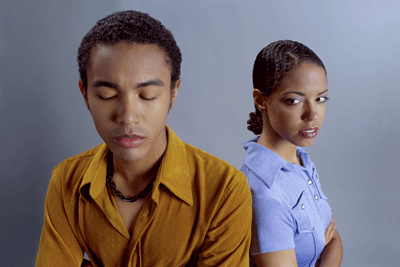This article is part of the #STCPreventionMatters campaign from the University of Maryland Medical Center. For more information about the campaign and the Center for Injury Prevention and Policy, visit: www.umm.edu/PreventionMatters.
Melanie is the mother of a smart and confident daughter named Cassie.
Looking at Cassie now, you would not guess that a year ago, she was the victim of teen dating violence. Cassie’s boy- friend never hit her, but verbal and emotional abuse left her devastated and, what’s worse, feeling responsible for what was happening to her.
Melanie shared, “I was able to get there before it became physical, and I’m thankful every day.”
Parents of abused or abusive teens often wonder how they could have missed the signs, and what they should do now. Teen dating abuse can be easy to miss. Emotional abuse is almost always a precursor to physical abuse, but it’s not often recognized.
According to the CDC, “psychological and emotional dating violence occur when a partner harms or threatens the victim’s self-worth.” These abusive acts can be obvious, such as insults and threats, or more subtle, like teasing and jealousy. Unfortunately, many of these warning signs are accepted as common teen-aged behavior. Teens see it in their own and their friends’ relationships regularly, and most don’t think it’s a big deal.
Research tells us otherwise. A 2015 study from the National Coalition Against Domestic Violence (NCADV) showed that most women who experience psychological abuse showed symptoms of depression and post-traumatic stress disorder (PTSD).
Melanie shared that Cassie spent months recovering after her abusive relationship ended, even though he never hurt her physically. What’s more, “verbal/emotional [abuse] was found to be the most common form of abuse in teen dating relationships for both boys and girls” according to another study from the National Institute of Justice, with 64 percent of girls and 45 percent of boys admitting to doing it to a boyfriend or girlfriend.
So what can concerned parents do? A helpful but difficult step is to lead by example. Children already see more than enough unhealthy behavior in the media and among their peers, so parents can make a difference by modeling healthy relationships at home. Parents can also have open, non-judgmental talks with their teens about healthy and unhealthy relationships. If you are unsure of how to have these conversations, you can visit some of the websites below for tips and educational materials.
Next, parents can be supportive if their teen does tell them about abuse. The worst way a parent can respond is with judgement, such as “I told you I didn’t like them!” Instead, reassure your child that you are sorry they are hurting, and willing to help in any way you can. Make sure they understand that this is not their fault, and they are not deserving of the abusive treatment. Finally, reach out for professional help! There are domestic violence hotlines, counseling, and support groups widely available. This is, unfortunately, a common and far-reaching problem, so get connected with people who know how to help.
Melanie says that today, Cassie is much more sensitive to controlling or possessive behavior, because her experience has taught her to recognize the warning signs.
“I’m so proud of her resilience, and so glad that I stepped in when I did,” Melanie said.
For more information, visit: loveisrespect.org; joinonelove.org; mnadv.org; or call the National Domestic Violence Hotline: 1-800-787-3224.
Names have been changed
Elisa Gallagher is MSW, LGSW, is a Domestic Violence Intervention Specialist with the Bridge Program at the R. Adams Cowley Shock Trauma. The Bridge Program’s mission is to break the cycle of intimate partner violence in Baltimore City and its contiguous counties.
